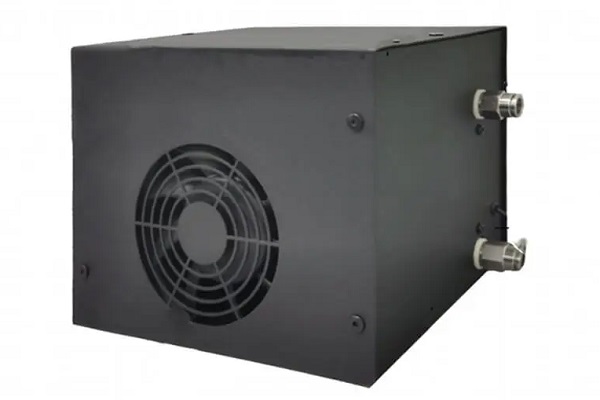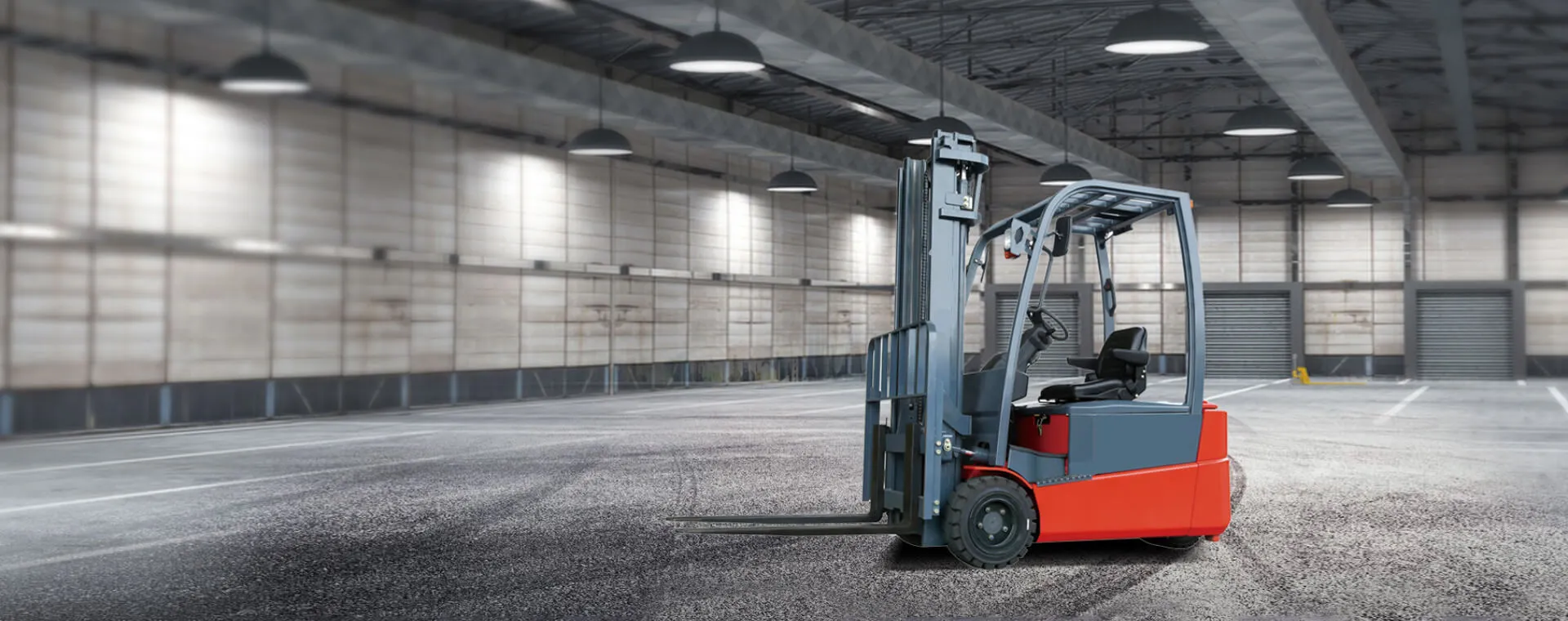
Suitable for a wide range of applications, from warehouses to outdoor yards, electric forklifts powered by lithium-ion batteries offer flexibility in various working environments. These batteries can be charged quickly, minimizing downtime and increasing productivity.
Suitable for a wide range of applications, from warehouses to outdoor yards, electric forklifts powered by lithium-ion batteries offer flexibility in various working environments. These batteries can be charged quickly, minimizing downtime and increasing productivity.
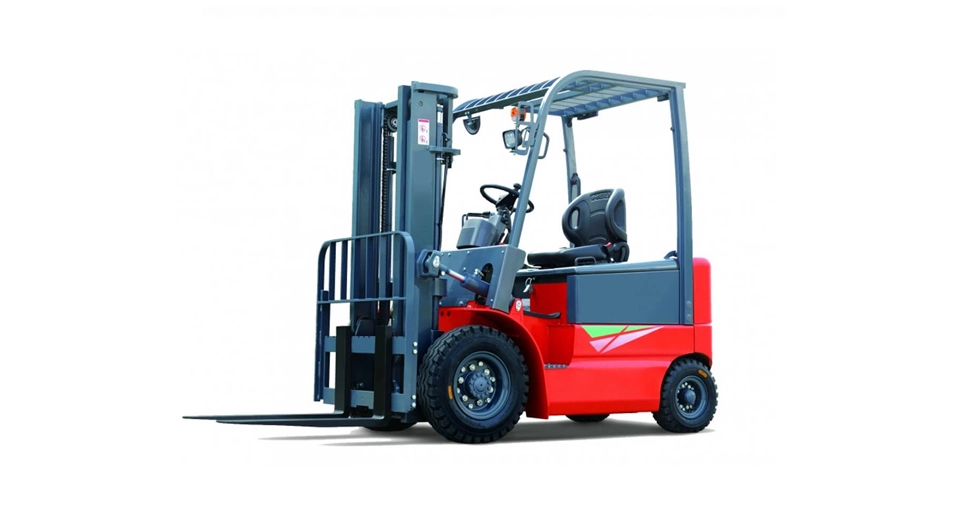
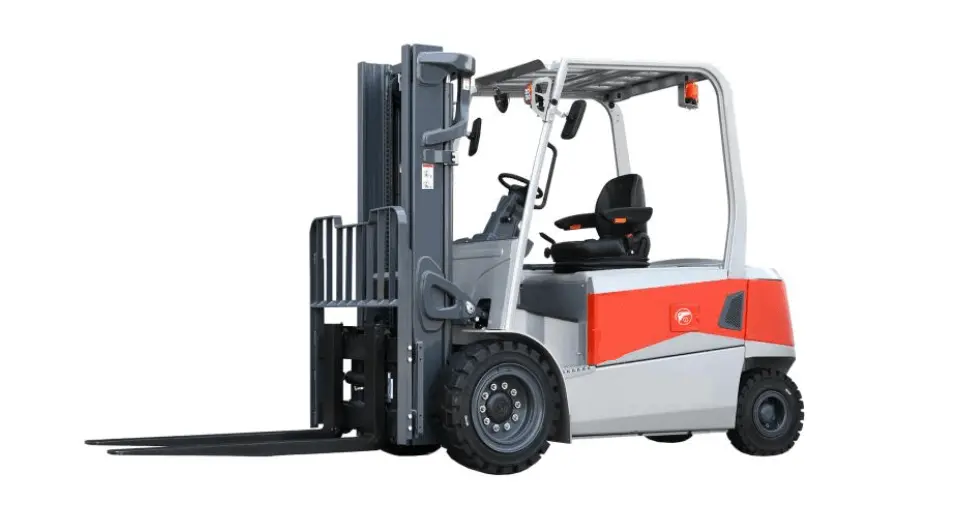
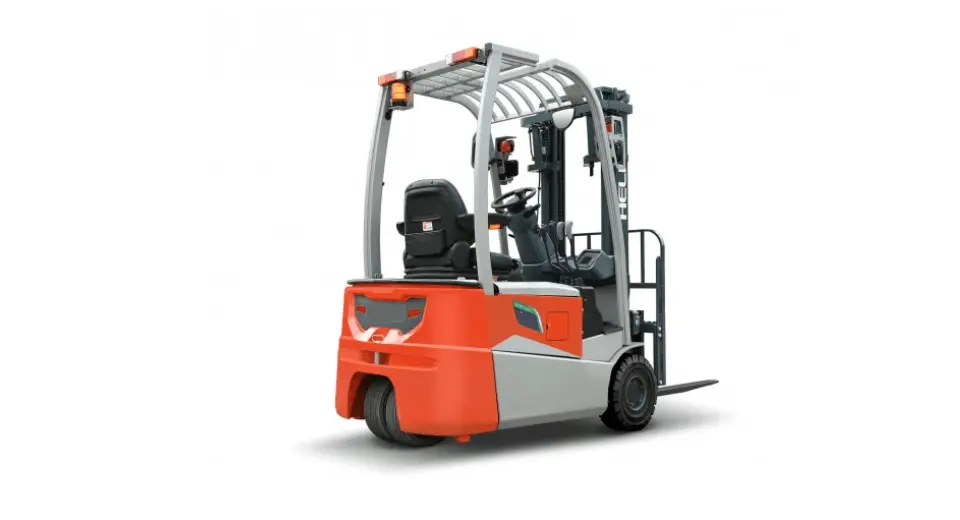
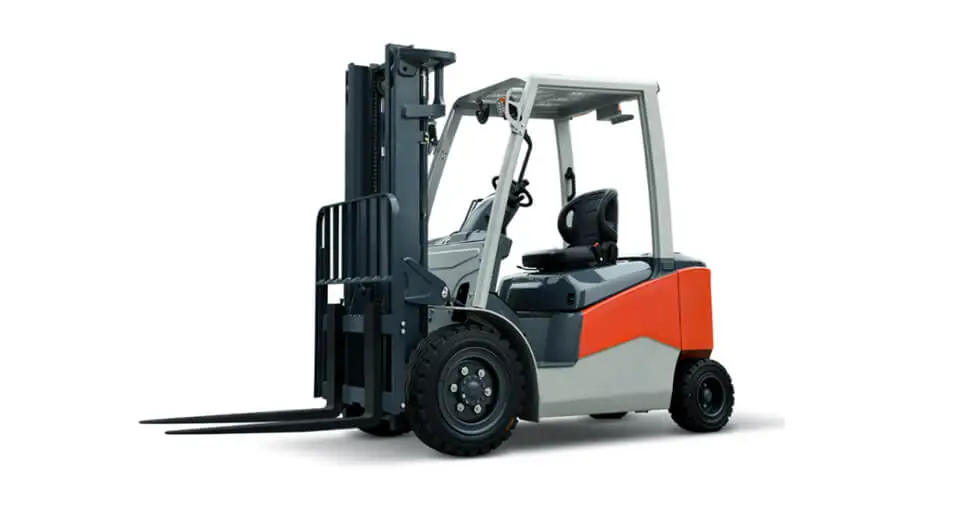
Zero emission. Low noise. Free of heavy metals. No corrosion. No acid mist volatilization.
Unnecessary of fluid adding and dust proofing. Daily maintenance free. Manual maintenance free.
Over 75% capacity reserved after 4000 shifts operation. Longer service life than lean-acid battery in equal working condition, 5 years or ten thousand hours quality guarantee for high performance.
2 hours charging meet 6-8 hours working demand. High-energy density, self discharging rate lower than 1% per month, 95% energy conversion rate, superior charging and discharging performance. Flexible to charge, easy to operate, no impact on battery life. Unnecessary to change battery, cost saving.
Electric forklifts offer several key advantages over traditional fuel-powered forklifts. First, they are more environmentally friendly because they produce zero emissions, making them ideal for indoor use and reducing the carbon footprint. Second, electric forklifts tend to be quieter during operation, which helps improve working conditions, especially in noise-sensitive environments. Third, they generally require less maintenance due to fewer moving parts, such as the absence of an internal combustion engine. This translates into lower long-term maintenance costs. Lastly, electric forklifts are more energy-efficient, allowing for lower operating costs over time.
Although electric forklifts may have higher initial purchase costs, their long-term savings make them highly cost-effective. First, the operational cost of electricity is typically lower than that of fuel, leading to significant savings in daily usage. Second, since electric forklifts require less maintenance—due to fewer components and no need for oil changes or fuel filters—their upkeep costs are significantly reduced. Third, electric forklifts often have a longer lifespan because of their efficient design, meaning fewer replacements are needed over time. Additionally, many governments and local authorities offer incentives or subsidies for adopting electric vehicles, further reducing the overall cost.

